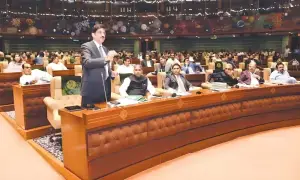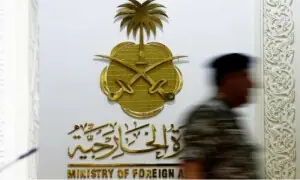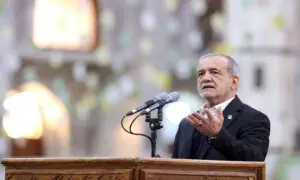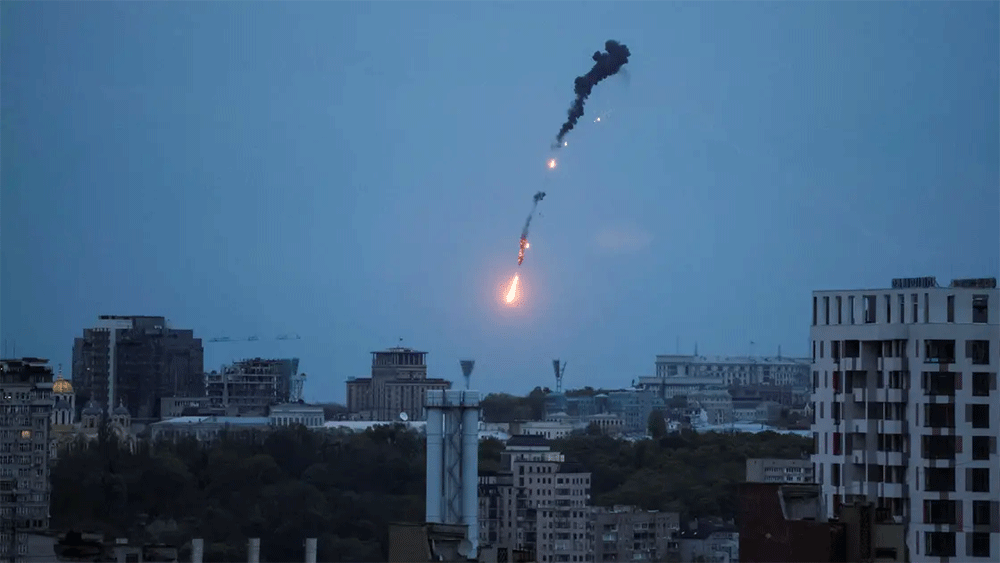UN holds rare conference on global water crisis
3 min readUNITED NATIONS: With water scarce in some places, in excess elsewhere, polluted or otherwise problematic, the United Nations addresses this week a global crisis that has been long overlooked even as the welfare of billions of people is at stake.
“It’s the first time in 46 years that the world comes together on the issue of water,” said Henk Ovink, water issues special envoy for the Netherlands, which is co-organizing the UN-Water Summit Wednesday through Friday along with Tajikistan.
“It’s now or never, as we say, a once in a generation opportunity,” he told AFP.
The last conference at this high level on the issue, which lacks a global treaty or a dedicated UN agency, was held in 1997 in Mar del Plata, Argentina.
And the situation is dire.
“We wrecked the hydrological cycle,” said Ovink, adding that he has never been more worried.
“We take too much water from our ground. We pollute the water that is left and there is now so much water in the air that it is impacting our environment, our economies, our communities, through climate change,” he added.
This means there is drought in some places and flooding in others, in a cycle that is worsening around the world because of global warming triggered by human activity.
The UN says 2.3 billion people today live in countries with water stress.
In 2020, two billion people did not have access to drinking water, 3.6 billion had no toilets at home and 2.3 billion had no way to wash their hands at home – poor sanitary conditions that lead to disease.
These circumstances are a far cry from the sustainable development goals set by the UN in 2015; one was to “ensure access to water and sanitation for all by 2030.”
‘Drop by drop’
“We need to develop a new economics of water that will help us reduce water waste, improve water efficiency, and provide opportunities for greater water equity,” said Ngozi Okonjo-Iweala, director-general of the World Trade Organization and co-author of a recent report that decried a “systemic crisis that results from decades-long human mismanagement of water.”
At the UN conference this week, governments and actors in the public and private sectors are invited to present proposals for a so-called water action agenda.
“The Water Summit must result in a bold Water Action Agenda that gives our world’s lifeblood the commitment it deserves,” UN Secretary-General Antonio Guterres said.
Some 6,500 people are expected to attend the conference with its more than 500 related events. They include 20 heads of state or government, dozens of ministers and hundreds of representatives of civil society and the business world.
Ahead of the conference, hundreds of projects have already been registered on its website.
The ideas range from building cheap toilets for millions of people around the world to improving farm irrigation techniques in Australia and enhancing access to drinking water in Fiji.
Organizers expect participants to make commitments, be they large or small, during the conference.
“Every commitment is of significant importance as it may bring… change for even one household, one school, one village, one city. As we say, drop by drop it becomes an ocean,” Sulton Rahimzoda, special envoy on water for the president of Tajikistan, told a press conference.
Ani Dasgupta, president and CEO of the think tank World Resources Institute, said: “We cannot have only incremental progress, but a plan to fundamentally transform how we manage water for the new climate reality.”
Solutions do exist, he added, and “the price is a bargain.”
“Securing water for our societies by 2030 could cost just over one percent of global GDP,” said Dasgupta.
“And the return on these investments would be immense, from growing our economies to boosting farmers’ crop yields to improving the lives of poor and vulnerable,” he added.
For the latest news, follow us on Twitter @Aaj_Urdu. We are also on Facebook, Instagram and YouTube.























Comments are closed on this story.